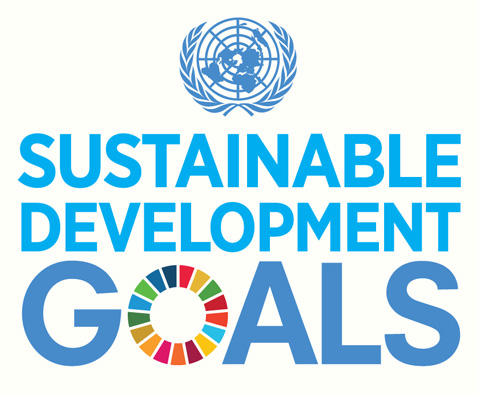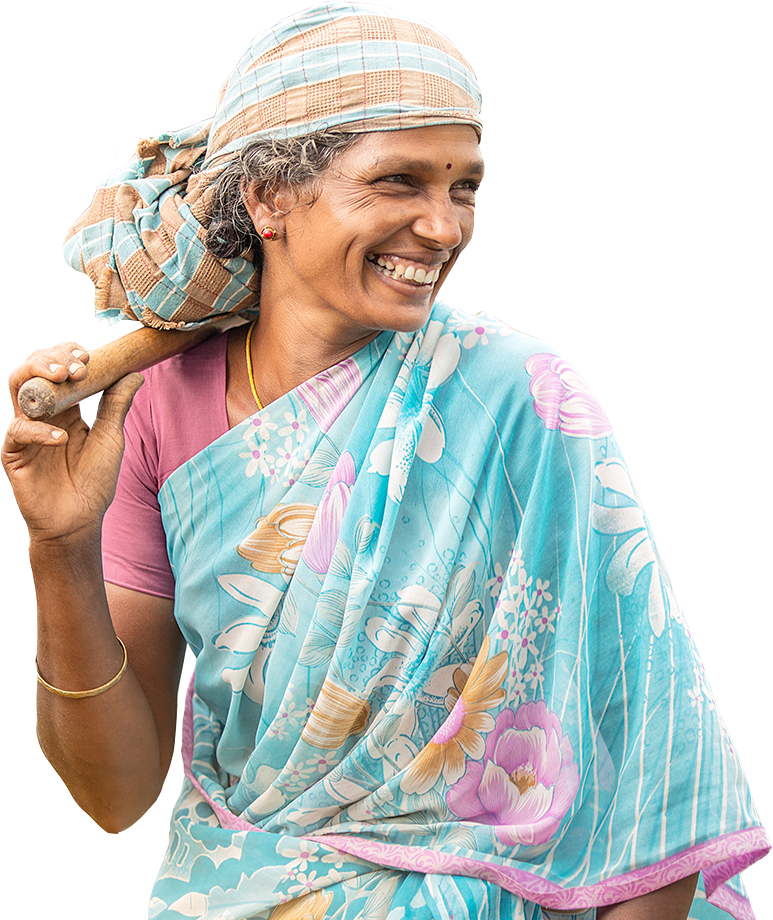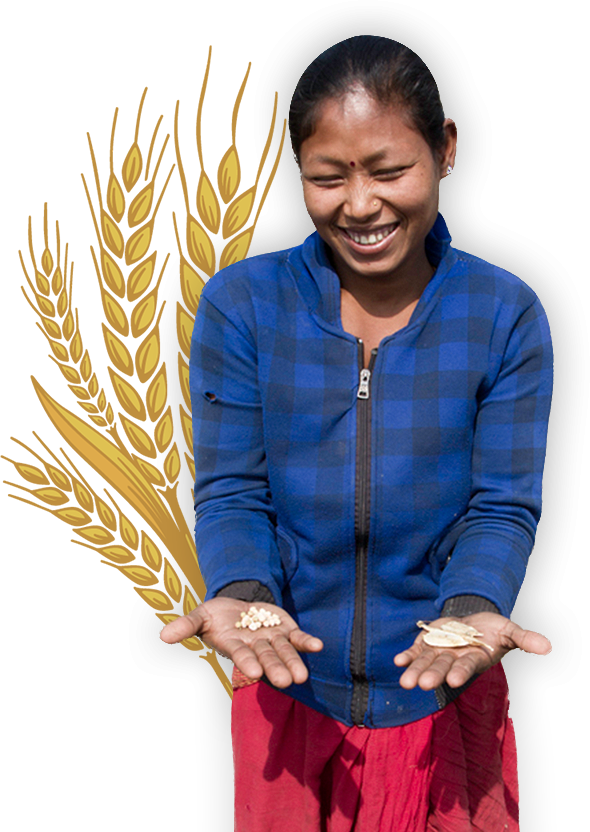Smallholder Adaptive Farming and Biodiversity Network (SAFBIN)SAFBIN is an action research programme to ensure food and nutritional security of smallholder farmers living in South Asia and to address the challenges of climate change.

We are guided by the UN - Sustainable Development Goals (SDGs) and the global vision of the Caritas Confederation to create a world without hunger by 2025.
The future of agriculture is in the hands of smallholder farmers. They are not only the target group of SAFBIN but they are the solution
Small-scale farmers are becoming researchers in their own farms. They exhibit higher productivity and cropping intensity while using the simplest means like improved varieties, shifting of sowing dates, seed banks etc. and contribute to reduce consumption of resources for achieving higher income.
Though they are the hardest hit by climate change, they are also the best adaptors of the phenomenon through the local practices that are unique to them. Bringing them together, SAFBIN banks upon the smallholder farmers' collectives to achieve the global goals of SDGs in the four countries of Bangladesh, India, Nepal and Pakistan in the South Asian region. The cooperation and the exchange of knowledge across the political boundaries of the four countries are also unique. The programme is headed by Caritas Austria with the support of Caritas Switzerland and implemented by the Caritas organisations in Bangladesh, India, Nepal and Pakistan.

Why SAFBIN?
- Worldwide one third of malnourished people live in South Asia.
- More than 70 percent of farmers in South Asia are subsistent smallholders
- Smallholders produce more than 70% of food worldwide from 40% of land
- Future agriculture and the wellbeing of the region lies in the hands of smallholders
Smallholder farmers are the largest community in South Asia. They are the most affected people to food insecurity caused by climate change.
SAFBIN's story
SAFBIN began its journey in 2011 as a European Union "EU", co-financed five year research for development programme known as Strengthening Adaptive Farming in Bangladesh, India and Nepal. The programme titled "Building Resilience to Climate Change through Strengthening Adaptive Small Scale farming system in Rain fed Areas in Bangladesh, India and Nepal" was being implemented by Caritas Bangladesh, Caritas India, Caritas Nepal along with Caritas Austria.
The programme proved to be an effective solution for more than 10,000 smallholder farmers in South Asia that helped them to address climate change and food security challenges. This action research initiative contributed in addressing the climate change challenges and food & nutritional security of more than 10000 smallholder farmers in South Asia. This action was an attempt to fill the gap in research and extension support to Smallholder farmers (SHF) while improving their Food Production, Distribution and Consumption System (FPDCS) in the context of climate change.
After the successful completion of the programme in 2016, Caritas Austria together with Caritas Switzerland came together to continue the work with the Smallholder on a larger scale by including Pakistan. Thus, SAFBIN, renamed Smallholder Adaptive Farming and Bio-Diversity Network (SAFBIN) began its new journey in the Indian Subcontinent reaching out to more Smallholder farmers to improve their production and income through climate adaptive strategies.
Where
we work
Villages
Districts
Households
SHFC
People
What
do we do
Double Farm Production and Income
Food and Nutritional Security
Multi-Level Cooperation and Partnership
Access and Control over Knowledge and Resources
Resilience to Climate change
Access to Value chain and Market- Urban Middle class Consumers consuming Small-Farm-Agri-Food
Why is SAFBIN so
important?
EMPOWERING
SMALLHOLDERS
The most vulnerable farmers can achieve a higher improvement
in food and nutrition security than any others
